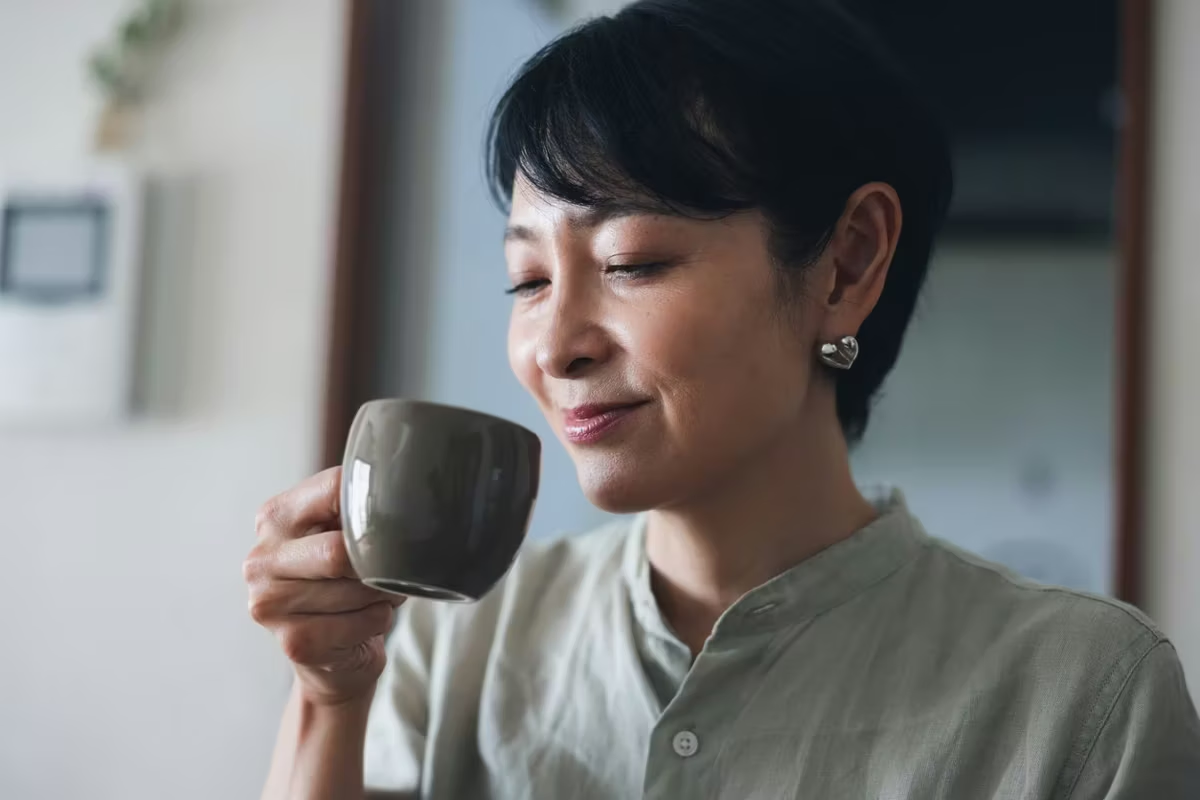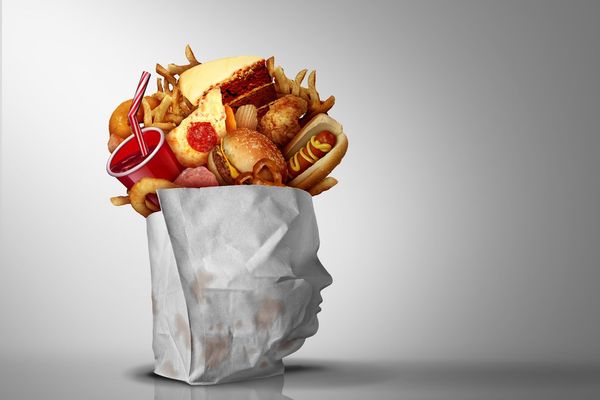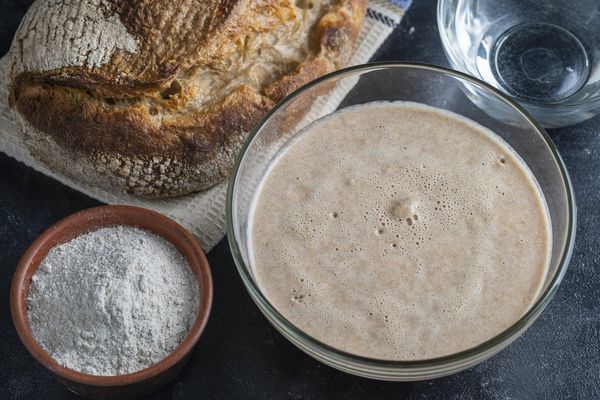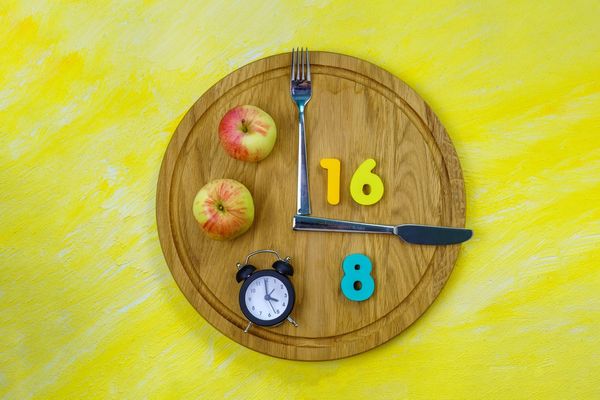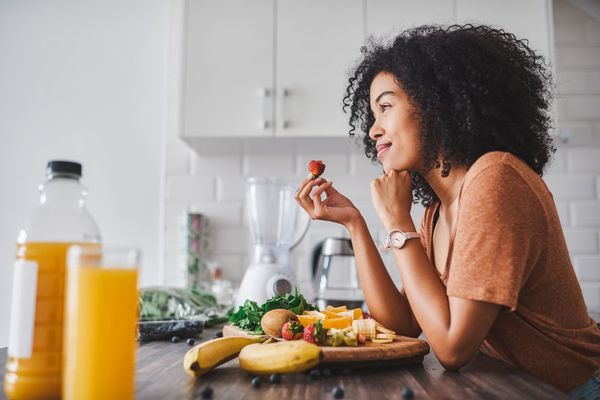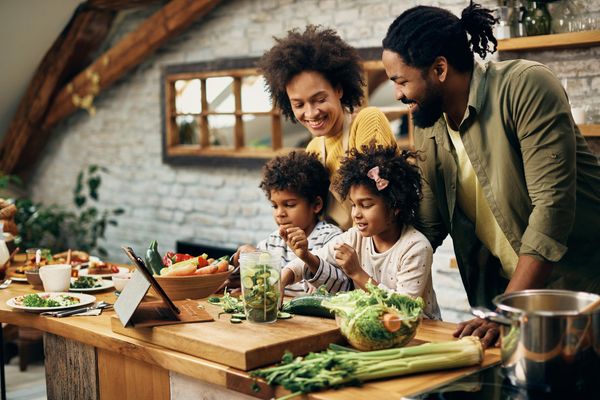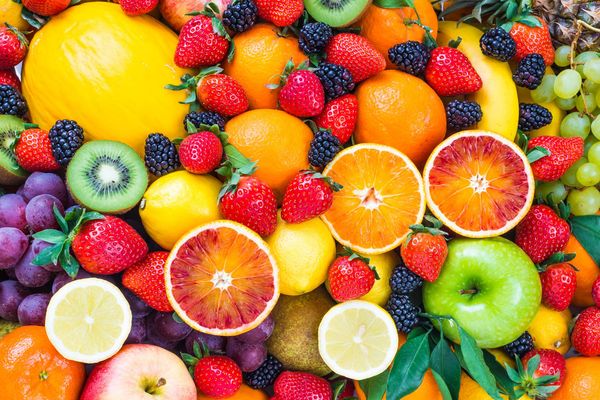I was on Instagram the other night and passed a reel showing a woman in a crop top. She didn’t speak. Subtitles scrolled over her midriff as she pursed her lips and wagged her finger at the camera. “Nobody ever guesses my age right,” she said. “Because I know these anti-aging tricks.” An arrow appeared on the screen pointing to below the reel to the caption. “#1. Drink hot lemon water.”
I didn’t read on because I felt annoyed by this woman who appeared to be no more than 22. But I was curious. I’d heard other people hype up lemon water as an anti-aging elixir, so I went to Google and typed “hot lemon water healthy aging” into a search. A long scroll of articles popped up, along with a ton of social media posts — all praising hot lemon water’s anti-aging effects.
As I poked around, I glimpsed other publications and social media posts claiming other hot beverages could help you age well, too. Tea. Coffee. Turmeric lattes. Was any of this hype worth buying into? Is the fountain of youth just a daily mug of bone broth best served hot? I consulted with two registered dietician nutritionists to get information I could trust.
Some hot beverages do have anti-aging benefits
Emily A. Callahan, MPH, RDN, founder of EAC Health and Nutrition, LLC, and member of HealthyWomen’s Women’s Health Advisory Council, is trained to have a skeptical eye. She’s all too familiar with the worrisome state Americans are in when it comes to nutrition. On the Healthy Eating Index, a tool that evaluates diet quality of the U.S. population, no age group has a score higher than 61 out of 100. That’s a D. Not failing, but close.
And the beverage industry, with its ever-growing array of drinks that are high in calories, sugar and saturated fats is, at large, only making us unhealthier. But Callahan recognizes that there are, in fact, some beverages out there that do boast benefits.
I spoke with both her and Lee Cotton, RDN, about eight non-alcoholic drinks often served hot that have health perks, particularly when it comes to healthy aging.
Lemon (or any fruit) and water
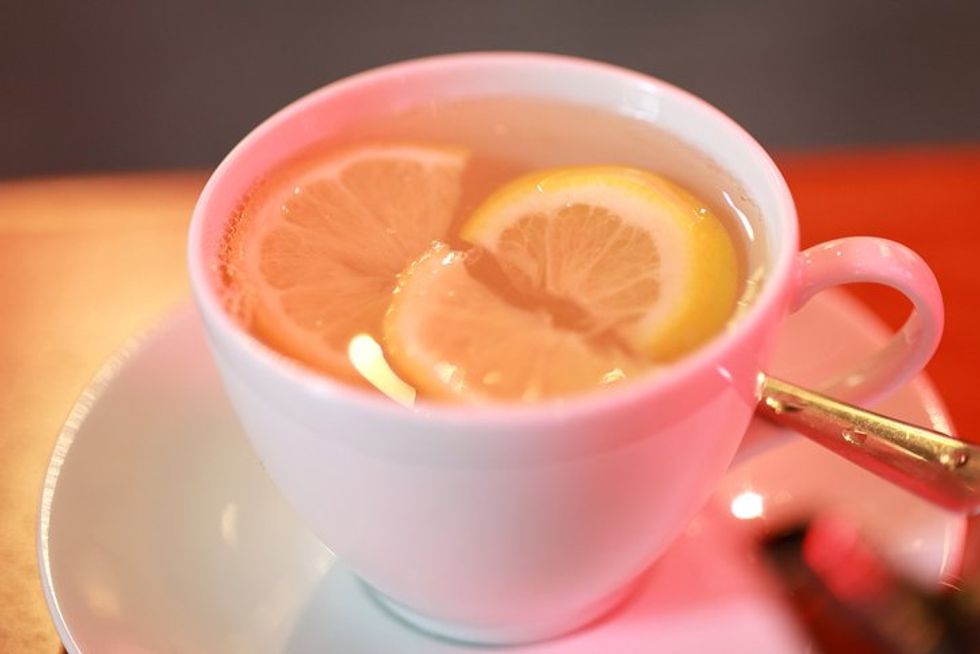
iStock.com/Thai Liang Lim
This combo is good for you because lemon is loaded with antioxidants, especially vitamin C. All fruits contain some type or combination of antioxidants, so you could mix any fruit with water and see benefits. “Antioxidants are important for health because they can prevent or delay cell damage from free radicals — unstable molecules that can damage DNA and prevent healthy aging. Antioxidants can counteract them,” Callahan said.
Tea (green, black, oolong)
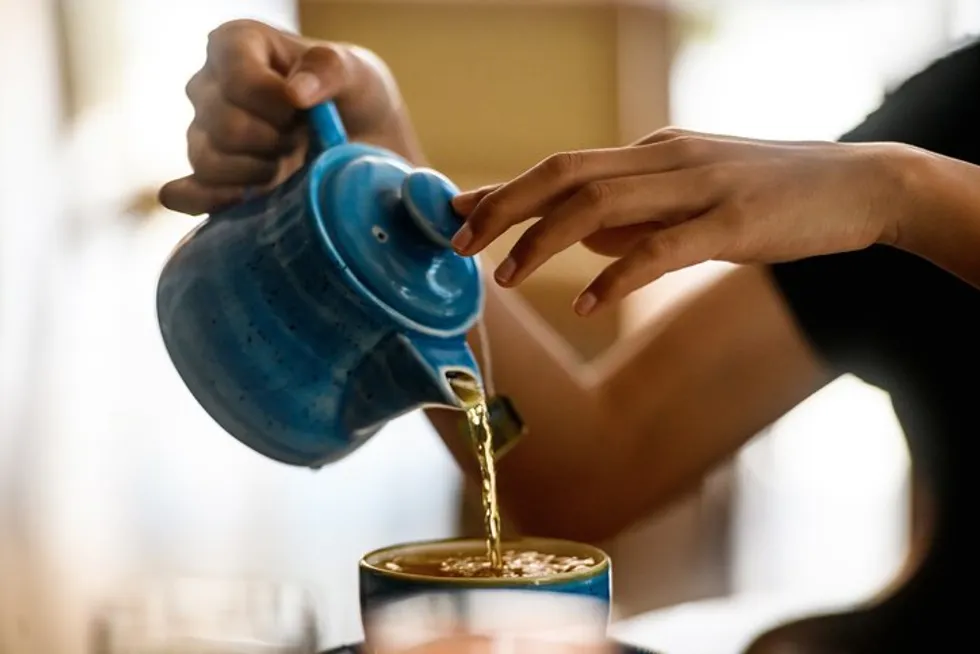
iStock.com/webphotographeer
Various teas can help with healthy aging too. Green, black and oolong tea contain not only antioxidants but also potassium, which supports brain function and may help prevent heart disease. Cotton pointed to the benefits of green tea, specifically. “Research indicates it has anti-inflammatory properties that have been studied for cancer prevention,” she said. “There has been some recent research that green tea can help protect against cognitive decline.”
Coffee
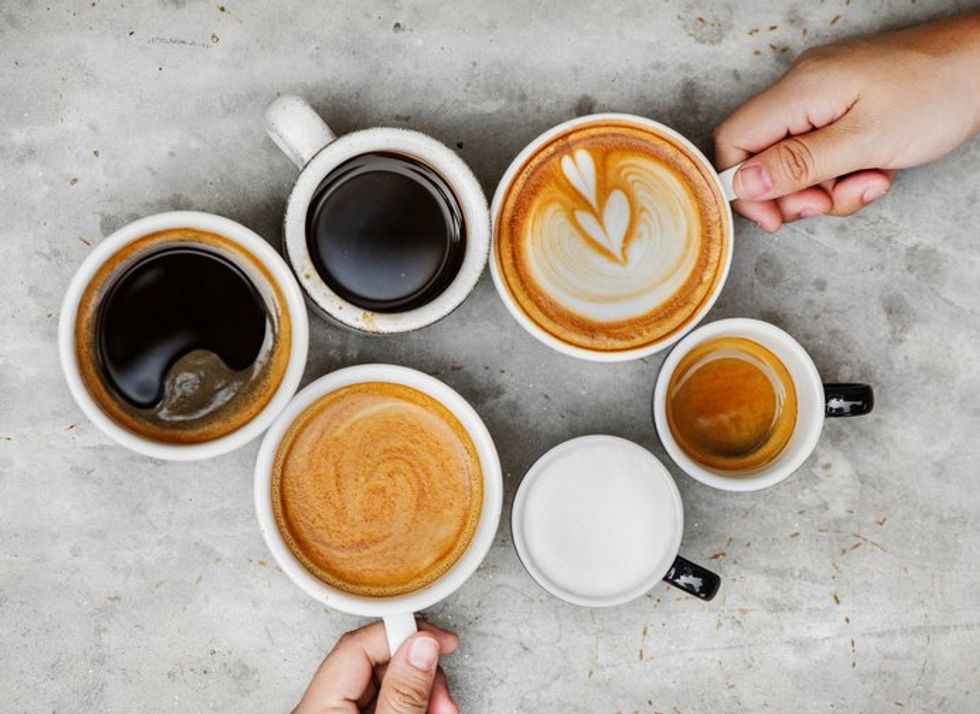
iStock.com/EyeEm Mobile GmbH
A wealth of research, including UK Biobank, a long-term biomedical research project studying more than 500,000 UK adults, has found that people who drink coffee daily may live longer. Another long-term study of almost 50,000 women who were followed for 30 years found that drinking caffeinated coffee may help women age better and stay strong mentally and physically.
Callahan zeroed in on the fact that coffee has potassium — a good thing, but it also has a lot of caffeine and whether caffeine is definitively good for you, is not yet clear. We know it has antioxidant properties and, of course, can improve alertness in the moment, but Callahan is quick to point out that too much of it can cause heart palpitations and jitters. She recommended sticking to the FDA’s recommendation of no more than 400 milligrams of caffeine per day.
Turmeric lattes
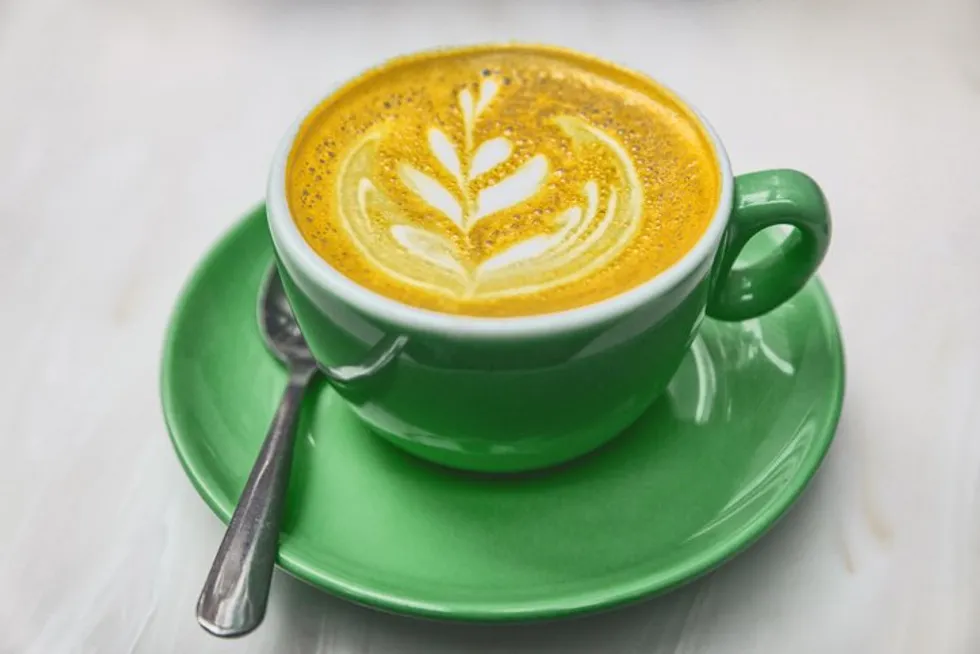
iStock.com/Maridav
Turmeric lattes are becoming popular and it looks like there’s some health merit to the fad. “They provide an antioxidant boost and anti-inflammatory benefits,” Cotton said. “[But] always consult with your healthcare practitioner because it does have some medication interactions.” Also, too much of a good thing is too much. Overdosing on turmeric can cause some serious side effects.
Hot chocolate
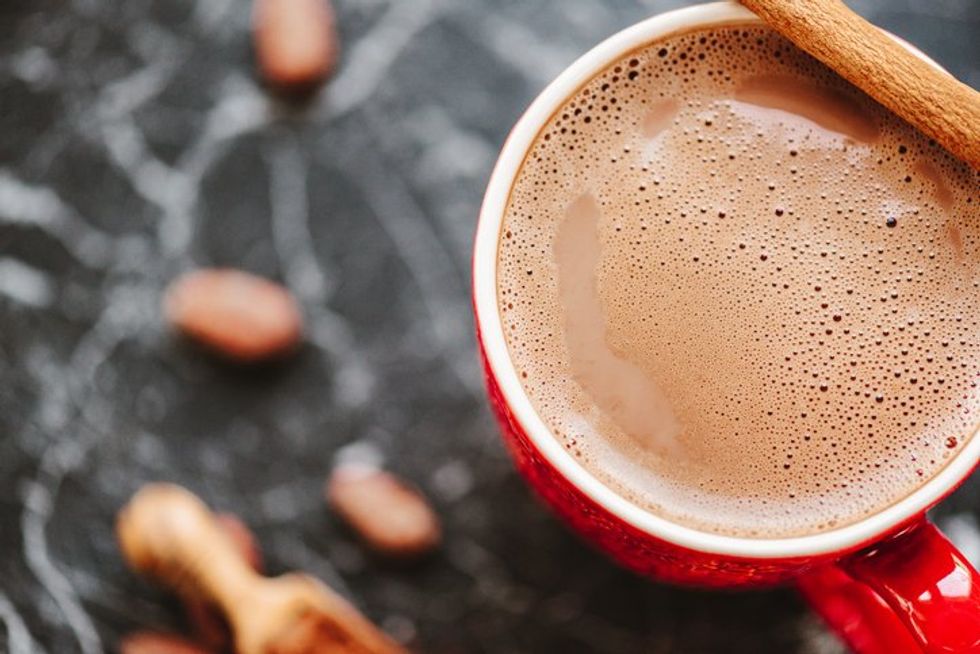
iStock.com/Rocky89
Cocoa is loaded with antioxidants, so hot chocolate can provide a little anti-aging boost (the darker, the better), but beware the excess sugar may cancel out the benefits. “Don’t drink hot chocolate everyday, unless it's your only added sugar,” Callahan said.
Apple cider
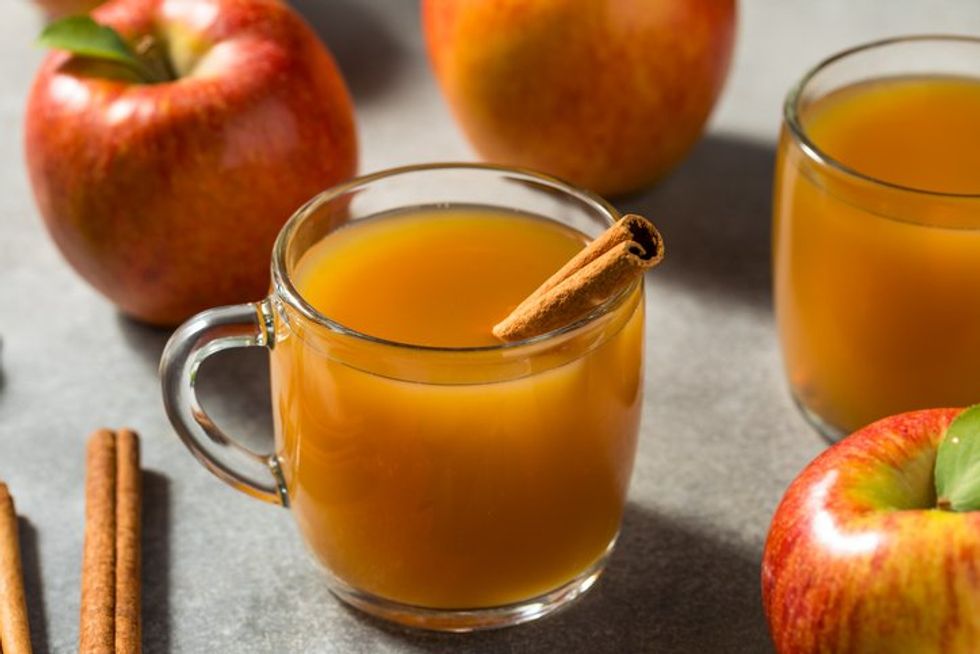
iStock.com/bhofack2
Hot apple cider is a fall and winter favorite, and it has its anti-aging benefits, too. “It contains potassium, fiber and vitamin C,” Cotton said. But this is one of those healthy beverages that can easily turn unhealthy because of all the sugar, so drink mindfully and in moderation.
Steamed milk and non-dairy milk
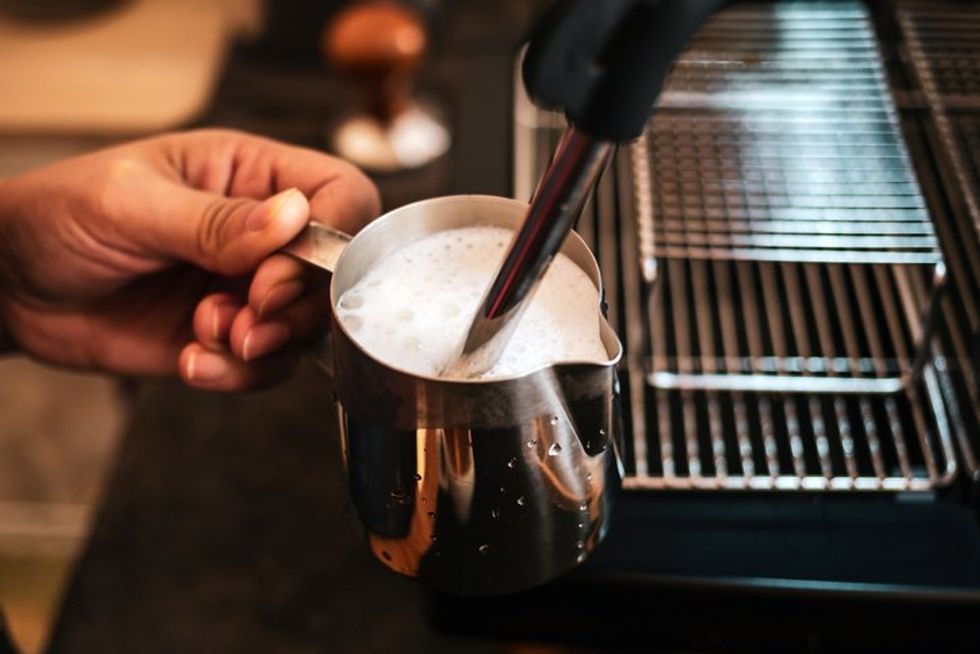
iStock.com/Narong KHUEANKAWE
Both cow’s milk and many non-dairy milks (soy, almond, oat, hemp, rice) contain calcium, which is crucial for bone health. “Calcium is lacking in most of our diets. So it's beneficial to promote that intake,” Callahan said. “For women, osteoporosis is more common, so that calcium is important to get — especially in our teens and 20s when the foundation for our bones is laid down.”
Bone broth
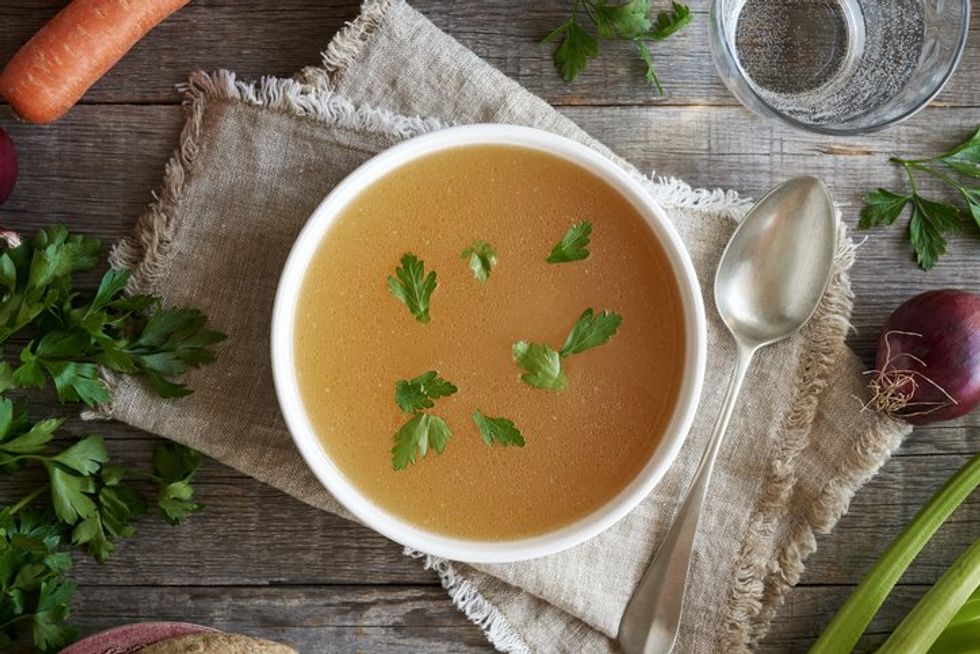
iStock.com/Madeleine_Steinbach
Bone broth is all the rage these days, and though it’s a good source of protein and collagen, and contains small amounts of calcium, magnesium and phosphorus, it’s not — according to what science currently knows about it — an anti-aging miracle drink. “Popular claims about bone broth’s benefits for relieving joint pain, firming skin, improving digestion or strengthening bone are not supported by robust evidence at this time,” Callahan said. “That doesn’t mean that those benefits don’t exist, we just don’t have enough high-quality evidence to know with any certainty whether they do or do not. We also don’t know how much a person would need to drink to experience any benefits that exist.”
Temperature doesn’t matter — and the real benefit with all these drinks has nothing to do with nutrients
Some people prefer these drinks hot, while others prefer them cold. You do you! Whether enjoying them hot or cold, you’ll reap the anti-aging benefits (however big or small) of these beverages. That said, if you’re drinking kombucha, which we left off the list specifically because drinking it hot is a no-no, keep it cold. “Drinking kombucha heated at 115 degrees or above could damage or kill beneficial bacteria or yeasts, so that would not be a good thing,” Callahan said.
Finally, while all these drinks have their health perks (some more than others), it’s worth noting that the best and biggest purpose they serve isn’t healthy aging — it’s hydration, plain and simple.
“The body has requirements for water and the eight cups of water a day is a myth,” Callahan said. We actually need a lot more. The U.S. National Academies of Sciences, Engineering, and Medicine found that the adequate amount of water intake is about 11.5 cups (2.7 liters) a day for women.
“That seems like a lot, but remember, it doesn’t all have to be from water,” Callahan said. Every little bit of hydration you get counts. “It can be from coffee, tea, juice, fruits, vegetables, soups, oatmeal and even pasta.”
So I guess I’ll keep on sipping lemon water — but I’ll take mine on ice.
- The Health Benefits of Tea ›
- The Best Teas to Drink for Weight Loss ›
- Is Matcha Green Tea Healthy? ›
- Is Hydrogen Water a Hoax? ›
- How to Drink Green Tea for Weight Loss ›

